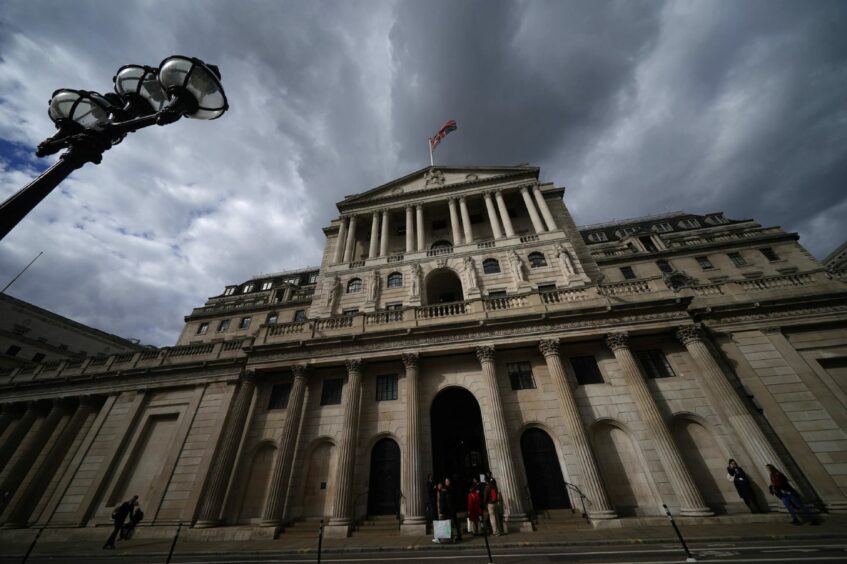
The UK is opening applications for as much as £40 billion of funding to energy traders to stave off a worsening liquidity crisis.
Volatile European energy-market prices have meant companies face historically high levels of liquidity issues, meaning they have to tie up huge amounts of capital, locking up funds. The UK follows countries in Europe, as well as the European Securities and Markets Authority, in trying to help smooth conditions.
The Energy Markets Financing Scheme will help firms facing temporary short-term financing problems and allow commercial banks to provide larger credit lines to approved companies. The Treasury will pay out in the event that banks are owed money by firms that can’t pay, with the Bank of England acting as an agent.
The energy-market volatility in the wake of Russia’s invasion of Ukraine “has resulted in a number of energy firms facing extraordinary liquidity requirements,” BOE Governor Andrew Bailey said in a statement. “This scheme will provide short-term financial support for these firms so they can weather this period, while also supporting the wider resilience of energy markets in the UK.”
ESMA will allow bank guarantees, in the form of letters of credit, to ease the strain of margin calls, the markets watchdog said on Friday. Countries including Germany, Sweden and Finland have also allocated billions to help energy companies navigate the turbulent markets.
Applicants to the UK program must have good credit quality and hold, or have an entity that holds, a license from regulator Ofgem. They’ll need to demonstrate that they face “large liquidity needs” from margin calls as they hedge their price risk, according to Monday’s statement.
The state’s bill for the program will heavily depend on the size and number of claims it faces from banks.
State-owned firms, firms owned by financial institutions, hedge funds and commodity trading houses won’t be eligible.
Companies have three months to apply and will be available to benefit from a guarantee for a further 12 months. Firms using the funding will have to comply with policy conditions like restrictions on use of funds, executive pay and capital distributions.
Recommended for you
